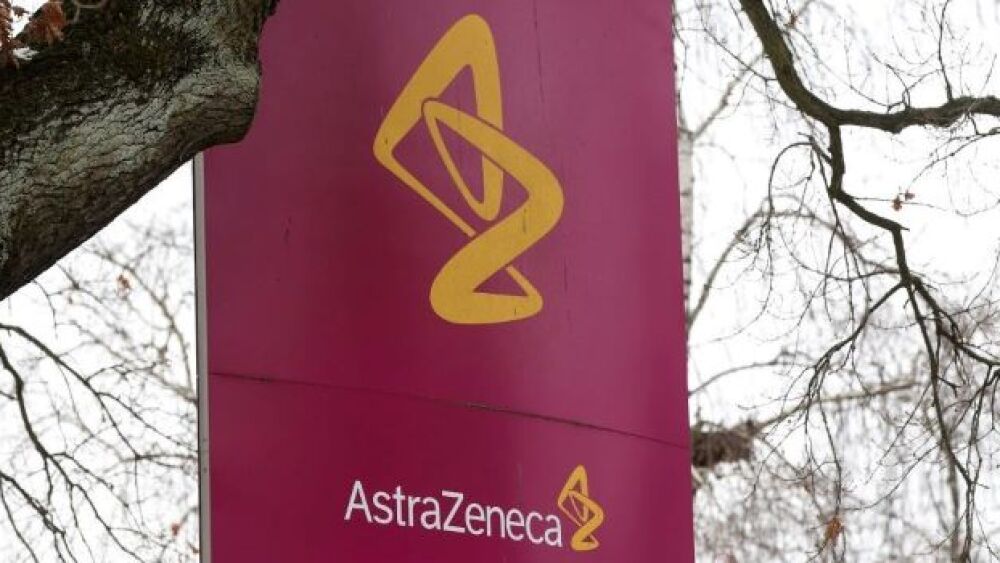The FDA approved AstraZeneca’s Imfinzi in combination with Imjudo and platinum-based chemotherapy for adult patients with metastatic non-small cell lung cancer.
Bodo Marks/picture alliance via Getty
The FDA approved AstraZeneca’s Imfinzi (durvalumab) in combination with Imjudo (tremelimumab) and platinum-based chemotherapy Thursday for adult patients with metastatic non-small cell lung cancer (NSCLC).
This marks the second big biopharma player to win approval in NSCLC this week after Regeneron‘s Libtayo scored its second approval in the space.
It’s also the drug combo’s second approval in weeks. In late October, Imfinzi/Imjudo was approved for hepatocellular carcinoma. The nod is Imfinzi’s third of the Fall, with the drug’s September approval in locally advanced or metastatic biliary tract cancer. Imfinzi (plus gemcitabine-cisplatin chemotherapy) is the first immunotherapy in this indication.
Data from the Phase III POSEIDON trial supported Thursday’s regulatory green light. Patients who received five cycles of Imfinzi on top of Imjudo treatment and four cycles of platinum chemotherapy saw a 23% drop in the risk of death, as compared with a range of other chemotherapeutic regimens.
The Imfinzi-Imjudo-platinum chemotherapy treatment also cut the risk of cancer progression or death by a significant 28%.
Patients receiving the three-drug regimen had a median overall survival of 14 months, as compared with 11.7 months in the control arm, according to an FDA announcement regarding the approval. This corresponded to a statistically significant and clinically meaningful improvement in OS with a hazard ratio of 0.77 and a p-value of 0.00304.
Nausea, fatigue, poor appetite and diarrhea were among the most common side effects. Adverse events of grade 3 or 4 were mostly laboratory abnormalities such as anemia and neutropenia, the FDA reported.
Shubh Goel, VP and U.S. franchise head, Immuno-oncology and GI Tumors at AstraZeneca noted that the combination showed sustained survival benefit after four years of follow-up.
This “provides evidence of the efficacy of Imfinzi in combination with Imjudo in patients with Stage IV NSCLC,” she told BioSpace.
Goel said the approval “highlights the rapid progress of [the company’s] IO program.”
She noted that AstraZeneca is focused on identifying new treatment options that can help address unmet need across several tumor types. The combination is currently being tested in locoregional hepatocellular carcinoma, small-cell lung cancer and bladder cancer.
Regeneron’s Second NSCLC Nod
This follows the FDA’s Tuesday approval of Regeneron’s PD-1 inhibitor Libtayo (cemiplimab-rwlc) as a frontline intervention for advanced NSCLC in patients without mutations in the ROS1, ALK or EGFR genes.
The drug was previously approved in 2021 to treat patients with advanced NSCLC whose tumors have high PD-L1 expression.
Data from the Phase III EMPOWER-Lung 3 trial supported Libtayo’s supplemental approval. Compared to chemotherapy alone, Regeneron’s cancer drug cut the risk of death by 29% when given as an add-on therapy.
Patients treated with Libtayo saw a 66% 12-month survival rate, as opposed to 56% in the chemotherapy-alone arm. Libtayo had an overall response rate of 43%.






